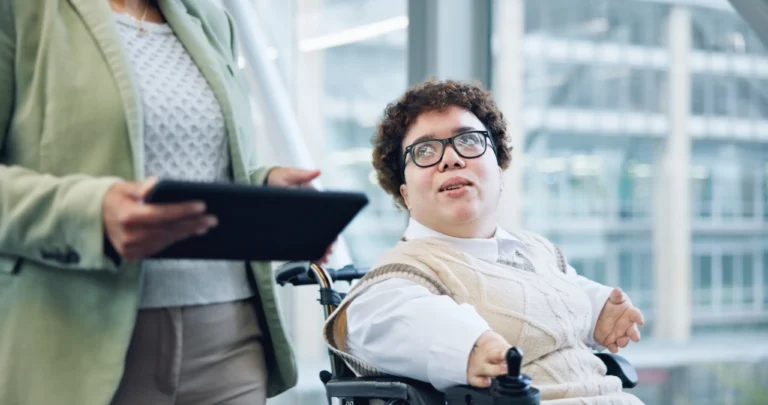
What are informal supports and why are they important?
Parents, family members, teachers and members of the community often play an important role in supporting people with disability. The NDIS recognises the role these ‘informal supports’ play and how they complement formal, paid supports. But what exactly are informal supports and why are they important when it comes to the NDIS? Read on to find out. What are informal supports? Informal supports refer to the help you receive from people you know. They’re considered ‘informal’ because you don’t pay the person and there’s no formal agreement or arrangement in place, such as a service agreement. These supports are often the everyday things that friends and family do for us, and with us, because they care. Examples of informal supports include: The help you get at home from family members, such as with personal care Help from your brother or sister to set up a new device or software A friend giving you a lift to appointments, school, uni or work Support from a community group member to learn new skills. Top tip: The NDIS doesn’t replace informal supports. It aims to complement them and help ensure they can continue. What’s the difference between informal and formal support networks? Informal







